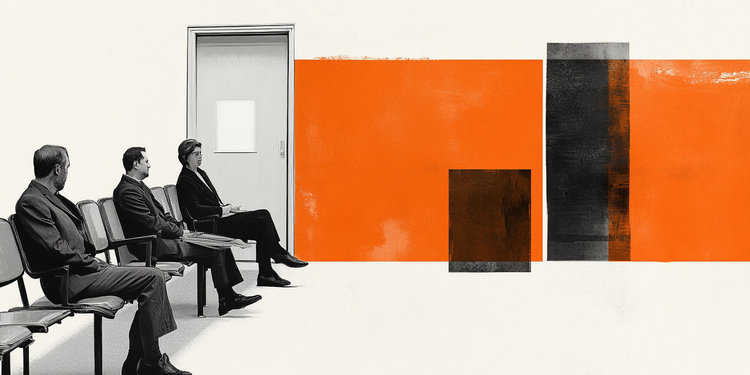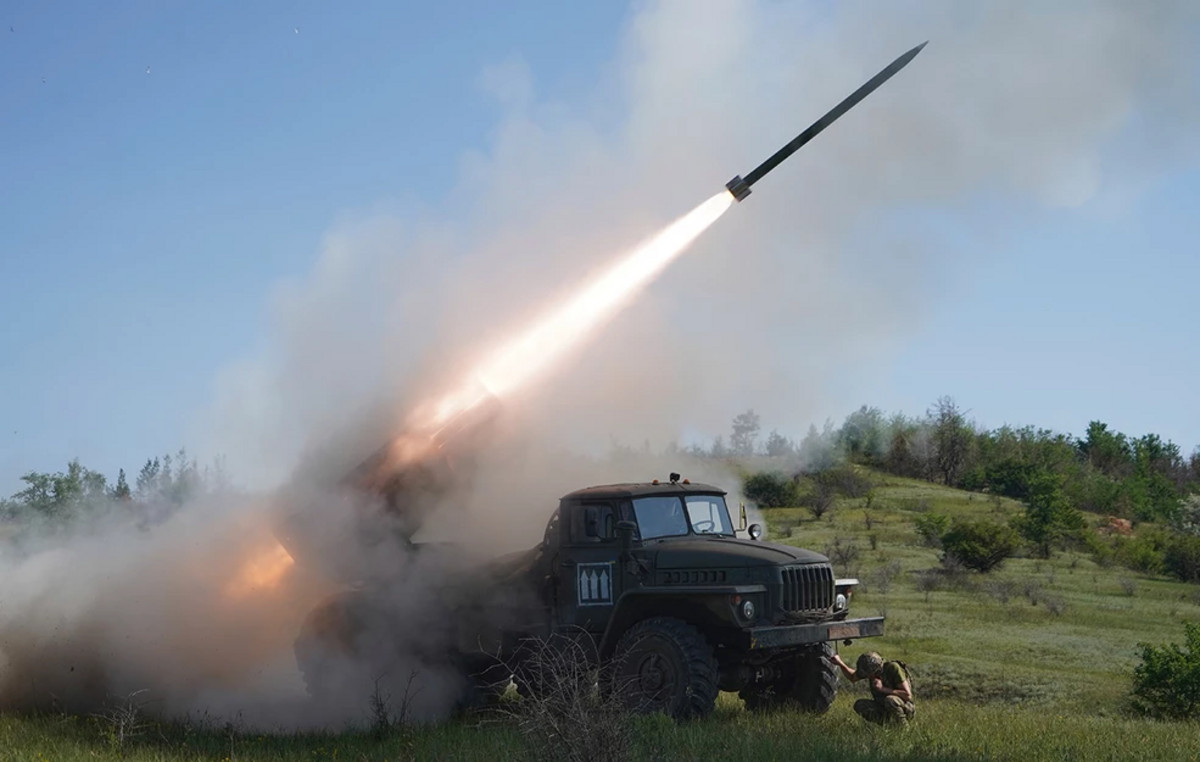North Korea has classified South Korea as a “hostile state.” The information was confirmed by state media this Thursday (17), confirming that its national assembly amended the constitution in line with its leader’s promise to abandon unification as a national goal.
North Korea’s KCNA news agency reported that the military blew up sections of roads and railways with South Korea on Tuesday as a legitimate action against a hostile state as defined by the constitution.
60-metre stretches of road and railway on the northern side of the border have been completely blocked as part of a “complete and gradual separation of their territory” from the south, he said.
“This is an inevitable and legitimate measure taken in accordance with the requirement of North Korea’s Constitution, which clearly defines the Republic of Korea as a hostile state,” KCNA said, using North Korea’s official name and that of Korea from the South.
KCNA quoted a Defense Ministry spokesperson as saying the country would take new measures to “permanently strengthen the closed southern border,” but did not mention any other changes to the constitution that North Korean leader Kim Jong Un had ordered.
A satellite image released by imaging company BlackSky and taken on Wednesday (16) showed the road leading to the city of Kaesong, in North Korea, with a large cut in the pavement and the surrounding area.
South Korea “strongly condemns” the constitutional change and hostile state designation, and will not waver in its efforts toward peaceful reunification, said its Unification Ministry, which handles ties with the North.
In January, Kim called for a constitutional amendment to erase unification as a goal in his ties with South Korea, accusing Seoul of conspiring with the United States to seek the collapse of his regime and a clear definition of its territory.
North Korea’s Supreme People’s Assembly met for two days last week, where it was expected to amend the constitution to officially designate South Korea as a separate country and a main enemy.
State media reported no such move, leading to speculation about whether the change to the constitution had been delayed.
North Korea had already announced summaries of amendments after several days of delay, but it was unusual that only one of several major changes that were expected was revealed almost in passing, said North Korean Studies University President Yang Moo -jin.
As part of the constitutional change, North Korea was expected to redefine its territory in a way that conflicted with the Northern Limit Line, which had been the de facto maritime border since the end of the 1950–1953 Korean War, he said.
“It is likely that they are aware of the extreme sensitivity of the West Coast boundary line issue,” he said, referring to the waters that have been the scene of deadly clashes in the past.
Tensions between the rivals have been rising since last year, with both sides declaring that a deal signed in 2018 to ease military tension is no longer valid.
North Korea has sharply escalated its hostile rhetoric in recent days, accusing South Korea of invading its airspace using drones and vowing retaliation.
South Korea’s government declined to say whether its military or civilians flew the alleged drones.
Seoul’s military fired warning shots south of the border on Tuesday (15) in response to Pyongyang’s detonations on roads and railways.
Pyongyang said last week it would completely cut off inter-Korean roads and railways and further strengthen areas on its side of the border as part of its push for a “two-state” system, scrapping its long-held goal of unification.
This content was originally published in North Korea changes Constitution and defines South Korea as a “hostile state” on the CNN Brasil website.
Source: CNN Brasil
Bruce Belcher is a seasoned author with over 5 years of experience in world news. He writes for online news websites and provides in-depth analysis on the world stock market. Bruce is known for his insightful perspectives and commitment to keeping the public informed.







